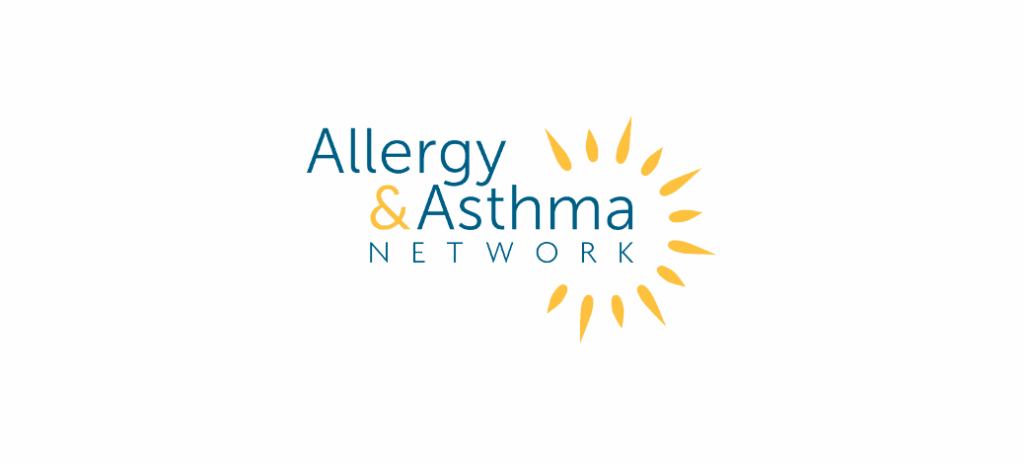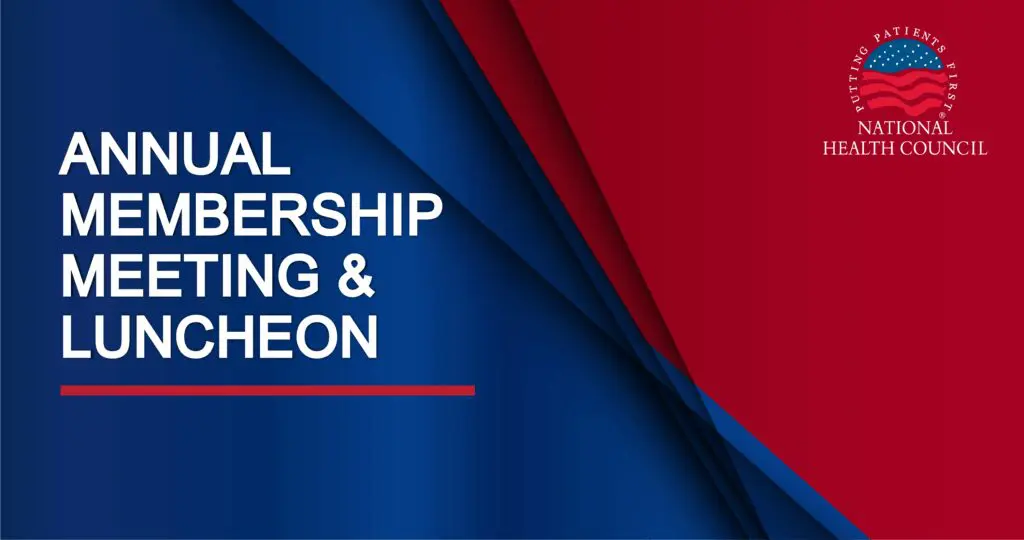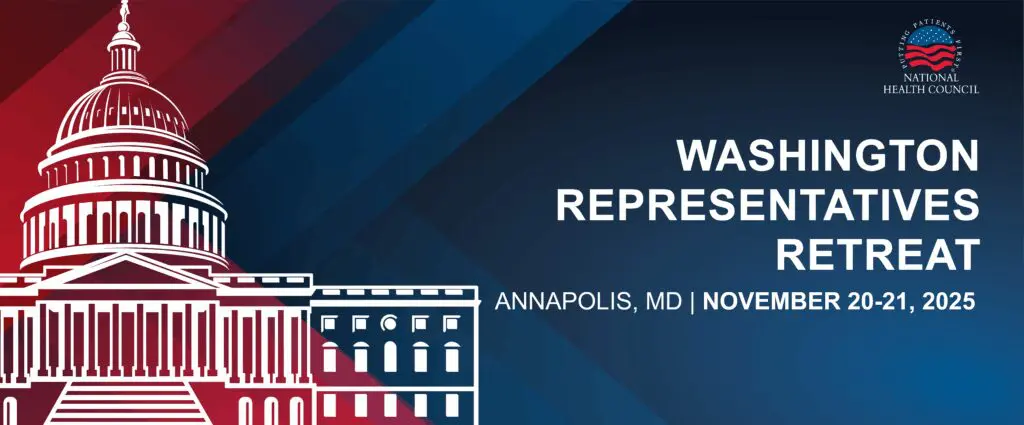

U.S. Consensus Framework Makes International Debut
By: Joy D. Calloway (National Medical Association), Dr. Omar A. Escontrías (National Health Council), and Courtney Christian & Julie Wagner (Pharmaceutical Research and Manufacturers of America)
The U.S. Consensus Framework for Ethical Collaboration (USCF) made a proud international debut on September 17 at the 11th APEC Business Ethics for SMEs Forum, marking a significant leadership moment by health care stakeholders in the United States. As USCF founding organizations, the National Medical Association, the National Health Council, and PhRMA are anchoring our ethical collaboration in the pursuit of greater health equity. The USCF is the first platform of its kind among U.S. stakeholders and joins the alliance of 14 other national and international Consensus Frameworks committed to enhancing trust and ethical cooperation across health systems.
What is a Consensus Framework?
Consensus Frameworks are voluntary, principles-based agreements that convene diverse stakeholders—including health care providers, patient organizations, and industry associations, among many other leading bodies—in a shared commitment to advance ethical collaboration. Since the International Consensus Framework was introduced in 2014, over a dozen similar national collaborations have emerged, aligning health stakeholders and driving the adoption of ethical business practices across entire health systems. For example, the Peruvian Consensus Framework unites 25 public and private entities to align practices with APEC’s Kuala Lumpur and Mexico City Principles, which provide voluntary guidance for ethical business conduct in the medical technology and biopharmaceutical sectors. In Australia, the Australian Consensus Framework has evolved into the Australian Ethical Healthcare Alliance, encompassing 78 national and regional stakeholders and representing one million health professionals and 25 million consumers. The USCF draws from these and other Consensus Frameworks, including those in Brazil, Canada, Chile, China, Cote d’Ivoire, Japan, Kenya, Mexico, New Zealand, the Philippines, and Vietnam, to bolster ethical standards and cross-sector collaboration in the U.S.
Read more about national and international Consensus Frameworks here.
An Innovative Partnership for U.S. Health Ethics
Building on the success of previous national and international Consensus Frameworks, the formation of the USCF represents a groundbreaking advancement in the U.S. health care landscape. Tailored to the nuances of the U.S. health system, the USCF addresses critical ethical challenges by fostering collaboration among stakeholders, with a focus on closing gaps in care and promoting equity across the health care landscape. It centers on four core principles:
First, the USCF encourages patient-centricity by giving patients a meaningful voice in improving health care access and delivery. This approach emphasizes the imperative to shift from models where patients are passively or minimally involved to an active, collaborative partnership between patients, health care professionals, and life sciences companies. Second, the USCF prioritizes examining and working toward solutions to longstanding structural, racial, environmental, and financial barriers preventing equitable access to best-in class screening, treatment, and care. Third, it promotes appropriate transparency and accountability in our individual and collaborative efforts, encouraging open communication to enhance accountability and reduce conflicts of interest. Finally, the USCF upholds ethical conduct in professional interactions, discouraging undue influences like inappropriate financial incentives that could compromise patient care. Together, these principles build trust, promote ethical responsibility, and create a more inclusive and resilient U.S. health system.
Read the U.S. Consensus Framework document here.
Expanding the Conversation on Ethics and Equity

(From left to right) Sofie Melis, Joy D. Calloway, Dr. Omar A. Escontrías, and Courtney Christian
The USCF made its international debut at the Forum through a signing ceremony and panel discussion moderated by Sofie Melis. The session explored the partnership’s origins, mandate, and its critical role within the U.S. health system, while also highlighting key areas for expansion within its primary remit of health equity, including enhancing diversity in clinical trials, broadening access to workforce training, and improving availability of essential resources for diverse patient populations. In response, senior health leaders from across the APEC region shared insights on how the USCF’s principles could be adapted globally, particularly to promote health equity by expanding ethical collaboration to more inclusively engage indigenous and underserved populations.
Additionally, the National Health Council had a valuable opportunity to engage with and learn from global patient advocates through the Patient Network of the Business Ethics for APEC SMEs Initiative. In collaboration with these leaders, we co-developed key messaging to be shared both during and beyond the Forum, emphasizing the critical role of the patient voice in health ethics and collective action. This messaging advocated for stronger integration of patient perspectives in policy-making, clearer roles for stakeholder collaboration, and the translation of guidelines into actionable outcomes.
Our formal and informal conversations highlighted the deep potential of international co-creation to shape local strategies for ethical collaboration in advancing health equity. As we build on the momentum of these discussions, we look forward to continuing our engagement and learning from both local and global ethics champions.


